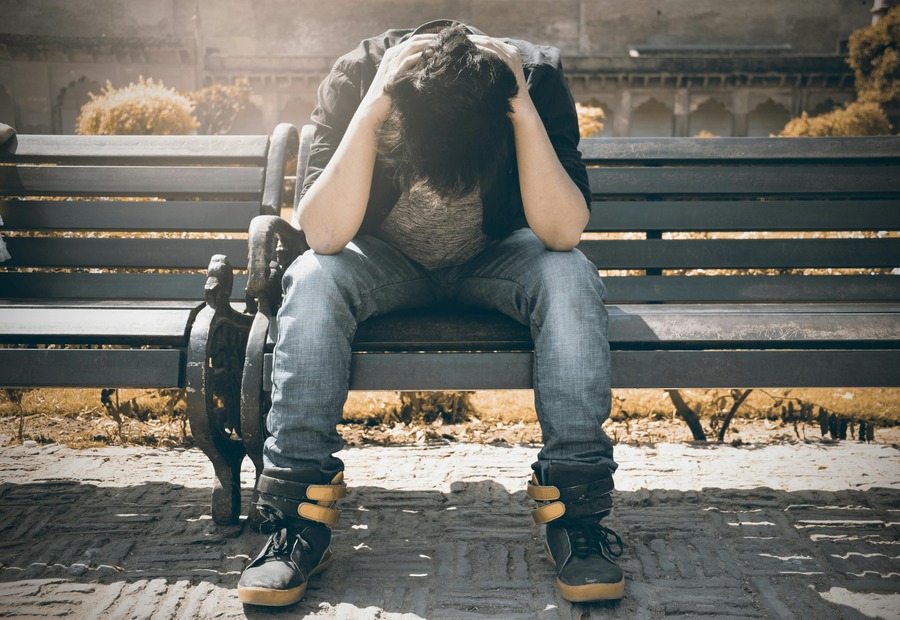Symptoms of Depression in Children: In 2021, approximately 20% of children aged 12 to 17 in the United States experienced a major depressive episode. Recognizing depression in children can be tricky, as symptoms may manifest differently from adults. Rather than a straightforward loss of interest in chores, children’s depression may surface through changes in their individual interests and behaviors. Signs include academic decline, social withdrawal, altered sleep patterns, expressions of self-doubt, substance misuse, and physical complaints like headaches and stomach aches.
Barriers to Recognition: Identifying childhood depression is complicated by cultural disparities. While irritability in white teenagers may be recognized as a symptom of depression, the same behavior in Black and Latinx children might be perceived as disruptive, leading to misinterpretation and untreated issues.
Causes of Depression in Children: Depression in children arises from a combination of genetic, environmental, and psychological factors. Traumatic events within the family, such as death or domestic violence, can increase the likelihood of depression. Additionally, a pessimistic outlook, sleep problems, chronic illnesses, substance use, and insecure attachment to caregivers may contribute.
Speaking with Your Child about Depression: Parents should be proactive in addressing signs of depression in their children. By fostering open communication and providing a supportive environment, caregivers can help children feel comfortable discussing their emotions and thoughts. Initiating conversations about depression early on can lead to effective interventions and support.
Treatment Options for Children: Despite the prevalence of childhood depression, only 60% of affected children receive treatment. Psychotherapy, including cognitive behavioral therapy (CBT) and interpersonal psychotherapy (IPT), is effective in addressing the underlying causes of depression. In severe cases, medication may be prescribed to alleviate symptoms.
Diagnosing Depression in Children: Diagnosing depression in children involves assessing the duration and impact of symptoms on daily functioning. The DSM-5-TR outlines specific criteria for diagnosis, including persistent depressed mood, diminished interest in activities, sleep disturbances, fatigue, feelings of worthlessness, impaired concentration, and suicidal ideation.
Crisis Intervention: Given the serious nature of childhood depression, it’s crucial to address signs of suicidal behavior promptly. Resources such as the National Suicide Prevention Lifeline and Crisis Text Line offer support and intervention for individuals in crisis.
Childhood depression affects a significant portion of the youth population, with symptoms often manifesting differently from adult depression. Recognizing the signs and causes of depression in children and seeking appropriate treatment are essential steps in supporting their well-being and recovery.













